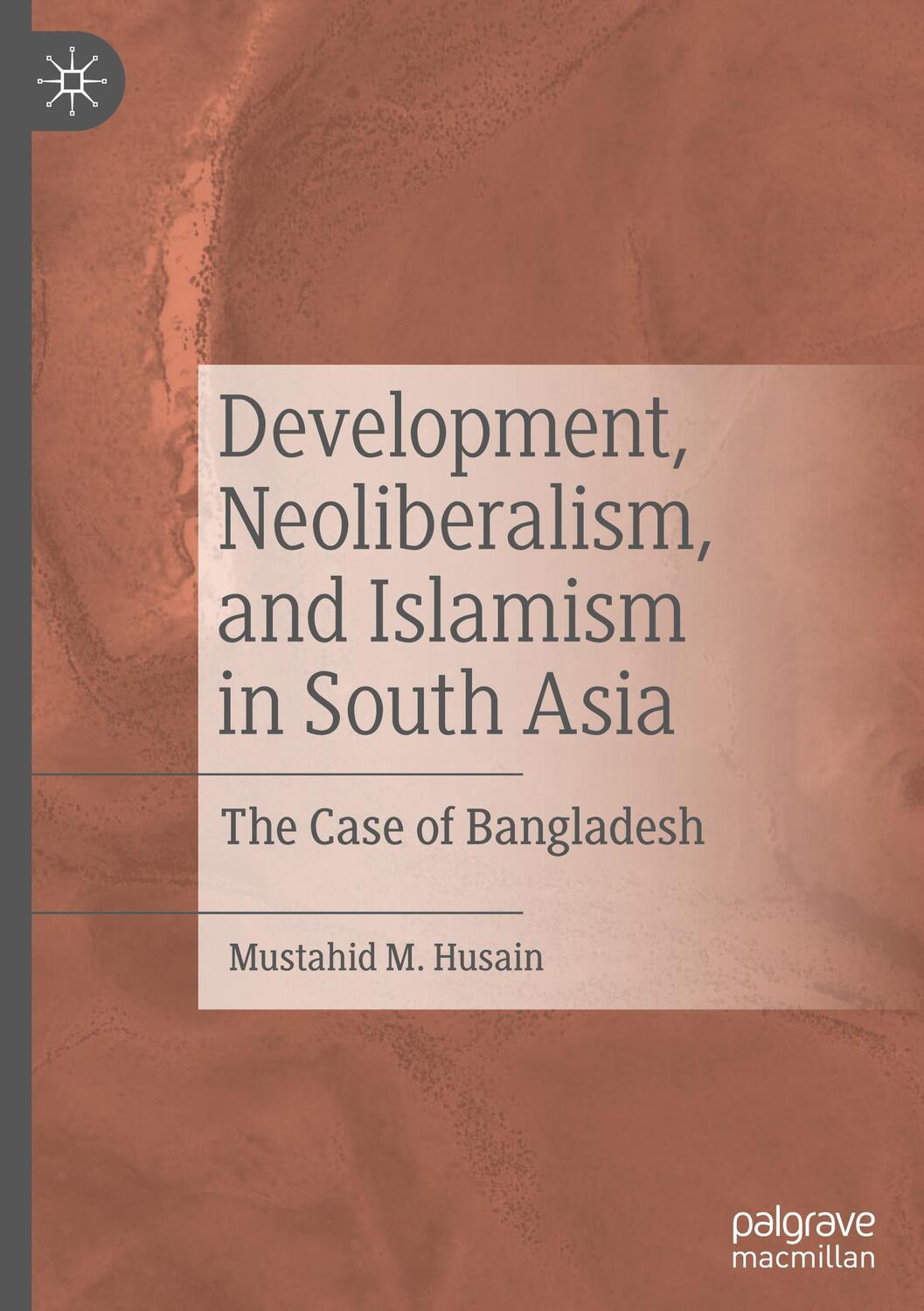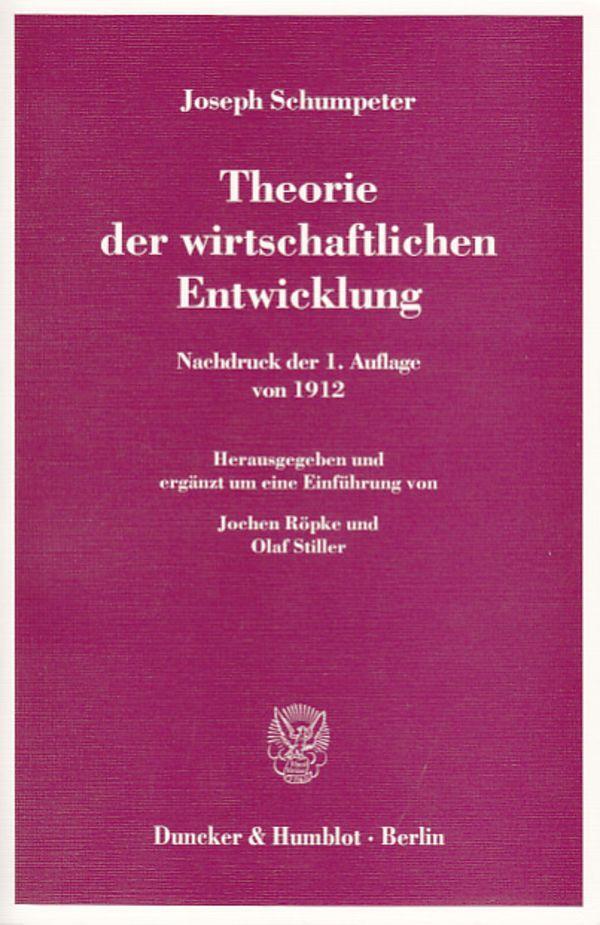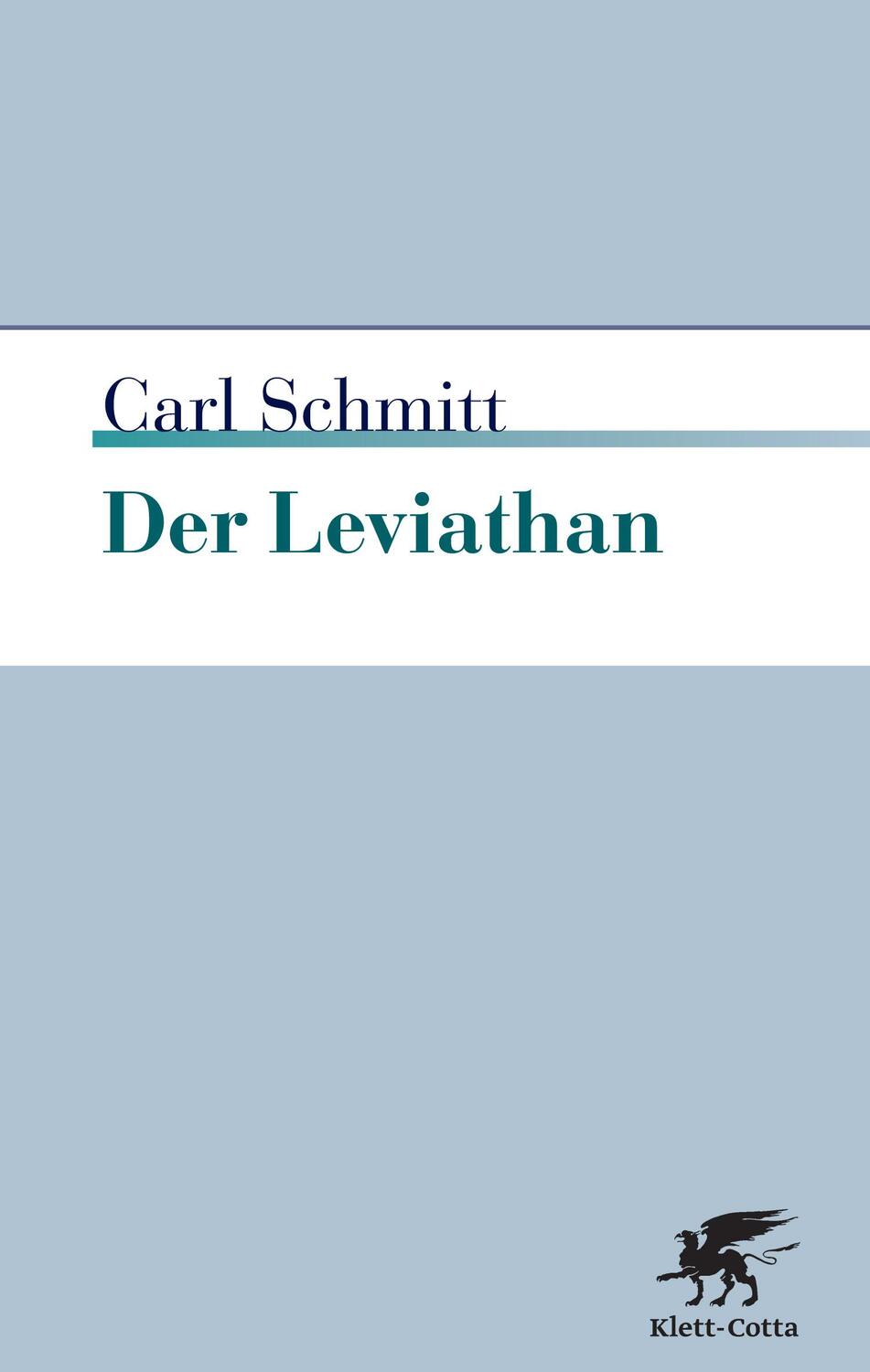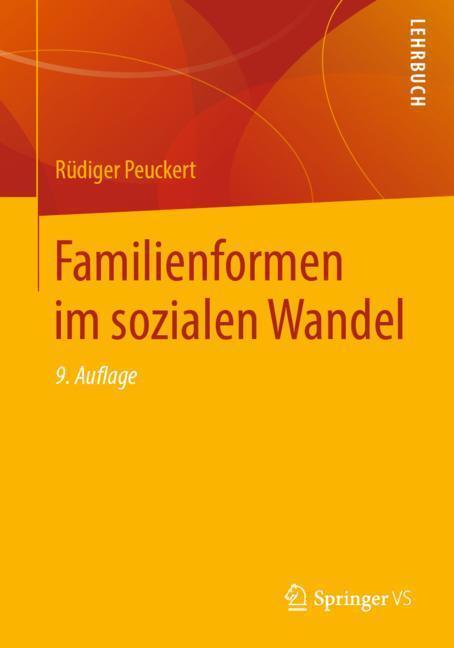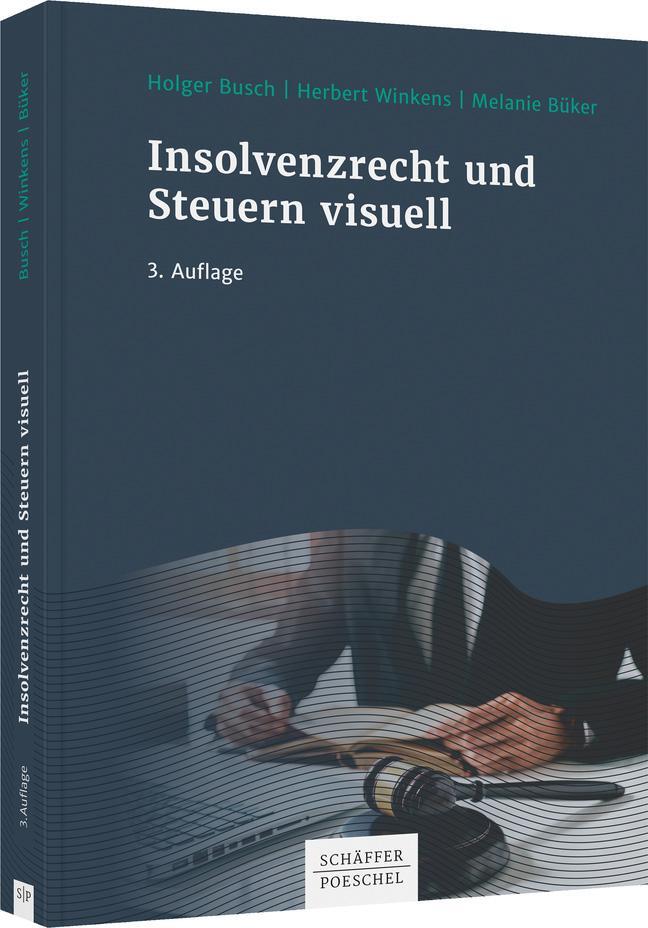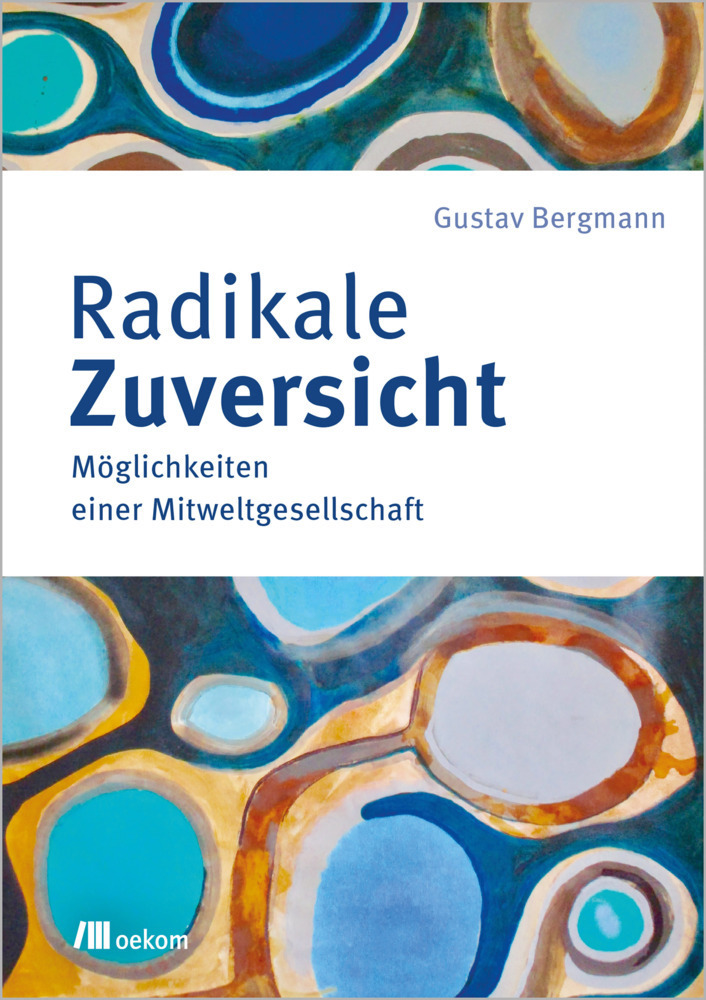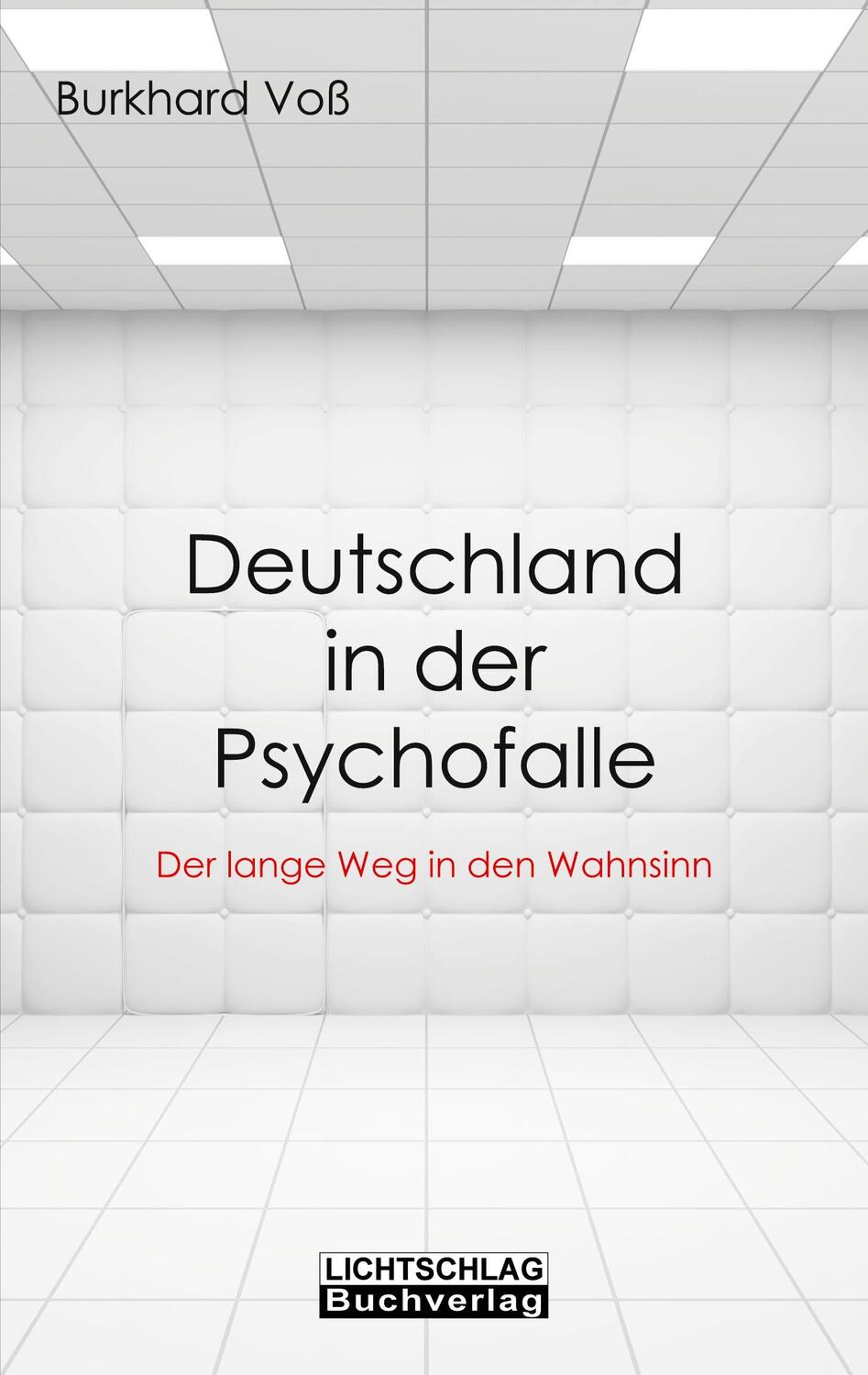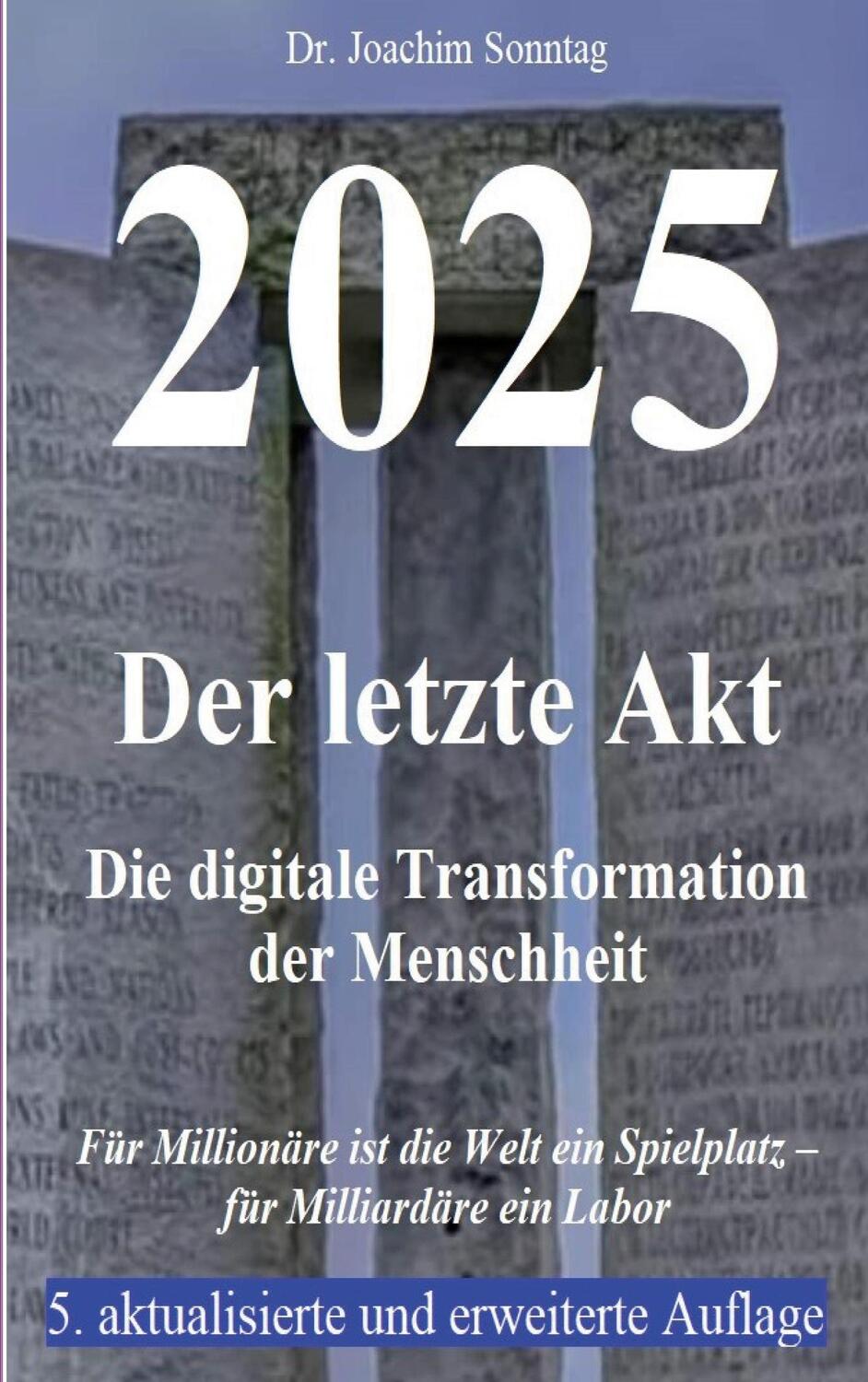131,95 €*
Versandkostenfrei per Post / DHL
Lieferzeit 2-3 Wochen
Mustahid Husain is a scholar based at the University of British Columbia, Canada.
Offers an incisive view into the politics of development and religion in Bangladesh through neo-liberalism
Demonstrates how major political parties have mainstreamed political Islam in the country
Explores dual hegemony and the politics of development in Bangladesh
1.1 Presentation of Chapters 8
Chapter 2: Development, Political Economy, and Neoliberalism.. 12
2.1 Development in Context: Historical Processes and Contested Categories 12
2.2 The Late 18th-Century Rise of Industrial Capitalism.. 15
2.3 The 1944 Bretton Woods Conference and the end of WWII 17
2.4 The Breakdown of the Bretton Woods control in early 1970s: Capital Movements and Beyond. 20
2.5 International Development 27
Chapter 3: Neoliberalism, Class Structures and Politics of Development in Bangladesh. 35
3.1 Contemporary Bangladesh and Class Structures 35
3.2 Dual Hegemony and Expanding Inequality. 44
3.3 The Construction of Poverty. 50
Chapter 4: Neoliberalism, Infrastructure and Philosophical Poverty. 59
4.1 Contemporary Bangladesh, BRTA and the World Bank. 59
4.2 Bangladesh Road and Transport Authority (BRTA) 61
4.3 Neoliberal Directives in Post-Secondary Education. 72
4.4 Free Market Induced Short Term Outcomes in Bangladeshi Higher Education. 75
4.5 Euphemisms and Marketing Globalization. 79
4.6 Rickshaw Faculty. 80
4.7 "McDonaldization" of Culture. 82
4.8 Zombie Graduates. 86
4.9 Betrayal by the Neo-elites and Intellectuals. 87
Chapter 5: Neoliberalism, Islam and Intolerance. 89
5.1 Theoretical influence. 91
5.2 Islam-neoliberalism in contemporary Turkey, Egypt, and Indonesia. 95
5.3 Islam in Neoliberal Bangladesh: Analysis and discussion. 101
Chapter 06: Neoliberalism and the Political Economy of Bangladesh Military. 117
6.1 Theoretical influence. 118
6.2 Key Findings. 121
Chapter 7: Conclusion. 125
10.1 Bangladesh's Divisive and Fractured Middle-Class. 126
10.2 Dual-hegemony of State and Aid Agencies Operating in Bangladesh. 127
10.3 Bangladesh's Import Dependency. 129
10.4 The Failure of the Education System to Prepare Citizens for Participation in a Truly Democratic State 131
10.5 Specific Responses to Research Questions. 131
10.6 Policy Recommendations/Prescriptions. 134
10.7 Limitations and Future Research. 136
| Erscheinungsjahr: | 2022 |
|---|---|
| Genre: | Politikwissenschaften |
| Rubrik: | Wissenschaften |
| Medium: | Buch |
| Seiten: | 168 |
| Inhalt: |
xvii
147 S. 2 s/w Illustr. 147 p. 2 illus. |
| ISBN-13: | 9783031031083 |
| ISBN-10: | 3031031083 |
| Sprache: | Englisch |
| Ausstattung / Beilage: | HC runder Rücken kaschiert |
| Einband: | Gebunden |
| Autor: | Husain, Mustahid M. |
| Auflage: | 1st ed. 2022 |
| Hersteller: |
Springer International Publishing
Springer International Publishing AG |
| Maße: | 216 x 153 x 14 mm |
| Von/Mit: | Mustahid M. Husain |
| Erscheinungsdatum: | 22.07.2022 |
| Gewicht: | 0,338 kg |
Mustahid Husain is a scholar based at the University of British Columbia, Canada.
Offers an incisive view into the politics of development and religion in Bangladesh through neo-liberalism
Demonstrates how major political parties have mainstreamed political Islam in the country
Explores dual hegemony and the politics of development in Bangladesh
1.1 Presentation of Chapters 8
Chapter 2: Development, Political Economy, and Neoliberalism.. 12
2.1 Development in Context: Historical Processes and Contested Categories 12
2.2 The Late 18th-Century Rise of Industrial Capitalism.. 15
2.3 The 1944 Bretton Woods Conference and the end of WWII 17
2.4 The Breakdown of the Bretton Woods control in early 1970s: Capital Movements and Beyond. 20
2.5 International Development 27
Chapter 3: Neoliberalism, Class Structures and Politics of Development in Bangladesh. 35
3.1 Contemporary Bangladesh and Class Structures 35
3.2 Dual Hegemony and Expanding Inequality. 44
3.3 The Construction of Poverty. 50
Chapter 4: Neoliberalism, Infrastructure and Philosophical Poverty. 59
4.1 Contemporary Bangladesh, BRTA and the World Bank. 59
4.2 Bangladesh Road and Transport Authority (BRTA) 61
4.3 Neoliberal Directives in Post-Secondary Education. 72
4.4 Free Market Induced Short Term Outcomes in Bangladeshi Higher Education. 75
4.5 Euphemisms and Marketing Globalization. 79
4.6 Rickshaw Faculty. 80
4.7 "McDonaldization" of Culture. 82
4.8 Zombie Graduates. 86
4.9 Betrayal by the Neo-elites and Intellectuals. 87
Chapter 5: Neoliberalism, Islam and Intolerance. 89
5.1 Theoretical influence. 91
5.2 Islam-neoliberalism in contemporary Turkey, Egypt, and Indonesia. 95
5.3 Islam in Neoliberal Bangladesh: Analysis and discussion. 101
Chapter 06: Neoliberalism and the Political Economy of Bangladesh Military. 117
6.1 Theoretical influence. 118
6.2 Key Findings. 121
Chapter 7: Conclusion. 125
10.1 Bangladesh's Divisive and Fractured Middle-Class. 126
10.2 Dual-hegemony of State and Aid Agencies Operating in Bangladesh. 127
10.3 Bangladesh's Import Dependency. 129
10.4 The Failure of the Education System to Prepare Citizens for Participation in a Truly Democratic State 131
10.5 Specific Responses to Research Questions. 131
10.6 Policy Recommendations/Prescriptions. 134
10.7 Limitations and Future Research. 136
| Erscheinungsjahr: | 2022 |
|---|---|
| Genre: | Politikwissenschaften |
| Rubrik: | Wissenschaften |
| Medium: | Buch |
| Seiten: | 168 |
| Inhalt: |
xvii
147 S. 2 s/w Illustr. 147 p. 2 illus. |
| ISBN-13: | 9783031031083 |
| ISBN-10: | 3031031083 |
| Sprache: | Englisch |
| Ausstattung / Beilage: | HC runder Rücken kaschiert |
| Einband: | Gebunden |
| Autor: | Husain, Mustahid M. |
| Auflage: | 1st ed. 2022 |
| Hersteller: |
Springer International Publishing
Springer International Publishing AG |
| Maße: | 216 x 153 x 14 mm |
| Von/Mit: | Mustahid M. Husain |
| Erscheinungsdatum: | 22.07.2022 |
| Gewicht: | 0,338 kg |

